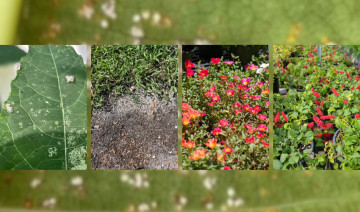
Summer Gardening: Keeping Your Plants And Garden Healthy
Pests: Monitor your garden weekly for harmful insects. Knowing which insects attack a plant can allow for faster identification and easier treatment. Bugs often hide on the underside of leaves, on new growth and at the base of leaf stems. If you see bugs on your plants, take a clear photo on your phone and bring it into one of our MRT locations to an associate. We will be happy to help you identify the pest or issue and offer a solution and treatment plan.
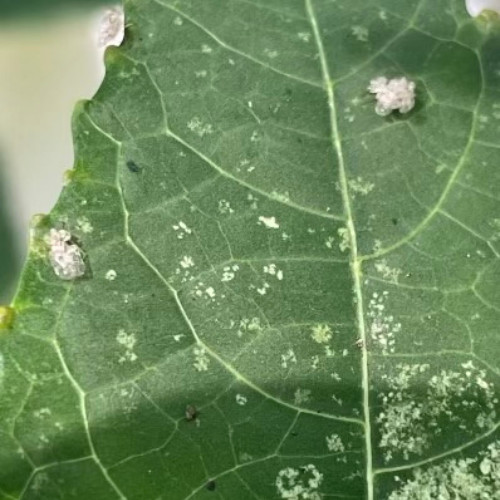
As the weather warms up and humidity is seasonally higher, pests such as aphids, mealy bugs, white fly, spider mites, scale and leaf minors become more common.
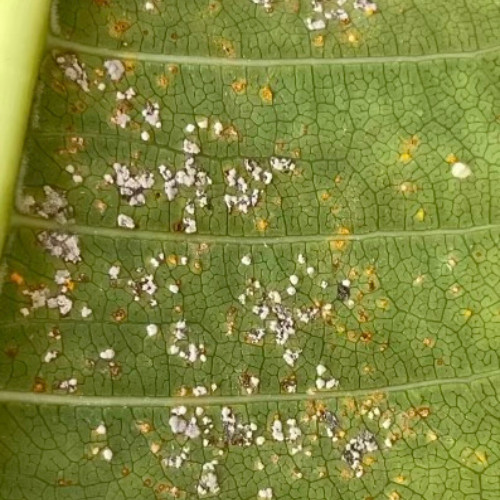
Tropical fruit trees: Check for damage to fruit or leaves and take action to minimize the effect of insects and/or disease on developing fruit or the overall health of the tree. If you have discolored, misshaped or spotty leaves, you can trim a few off, seal them in a zip lock bag and bring them into one of our plant yard associates to help you identify and treat the problem.
Summer pruning tropical fruit trees in Florida can improve tree vigor and fruit quality by allowing more light to reach the canopy. It can also be a time to remove new growth that is broken, diseased, or crisscrossed. Remove vigorous vertical branches in favor of horizontal or wide-angled branches to help the tree maintain a shorter, manageable height.
Always disinfect your shears, dip them in alcohol to disinfect them before pruning and in between each plant to reduce the risk of spreading fungus and disease.
Other Pruning: In general, pruning tropical plants in Florida during the summer is best done in hard trim mode, but it's important to avoid heavy pruning in late summer or early fall. Heavy pruning in late summer or early fall can cause new growth that's tender and more susceptible to winter damage.
Plant shaping can be done any time of year in South Florida. A regular light prune on summer-flowering shrubs, like hibiscus, oleander, and ixora, during the warmer months with increase blooming.
Fertilizer Bans: Numerous municipalities in south Florida prohibit the application of fertilizer to lawns and/or landscape plants during the summer rainy season (June–September, sometimes as early as April). See if such an ordinance exists in your area by checking with your local county government.
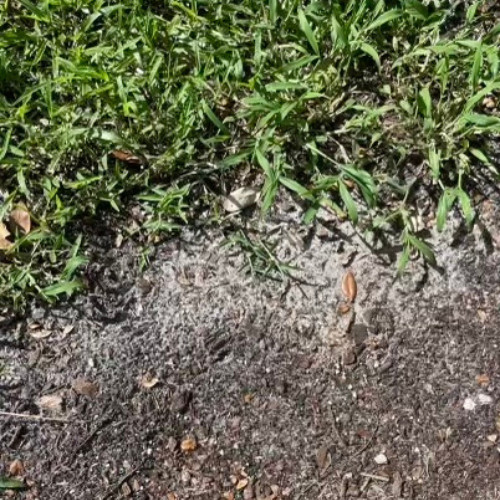
Lawns: Check frequently for damaged areas and keep insects in check with early treatment. Determine whether yellow and brown lawn patches are caused by chinch bugs, disease, or lack of water. Take time to determine the cause so your remedy is effective.
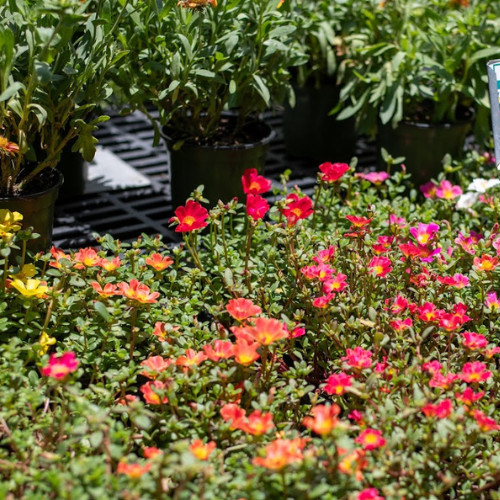
Rejuvenate areas where grass does not grow well by replacing it with versatile groundcovers such as:
- Asiatic Jasmine (Jasmine minima)
- Baby Sun Rose
- Ice Plant
- Beach Sunflower.
- Coral Creeper.
- Creeping Fig (Ficus repens)
- Dwarf Chenille
- Dwarf Oyster Plant
- Ferns - Foxtail, Macho, Holly and more.
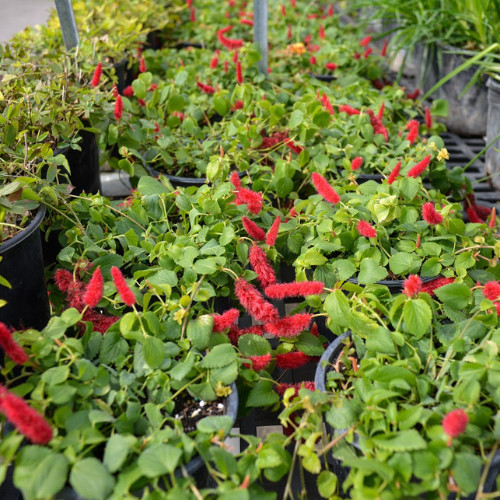
If you have any questions regarding the maintenance of your shrubs, trees, or lawn this summer, visit either MRT location to speak with an expert and answer any questions or concerns you may have.
